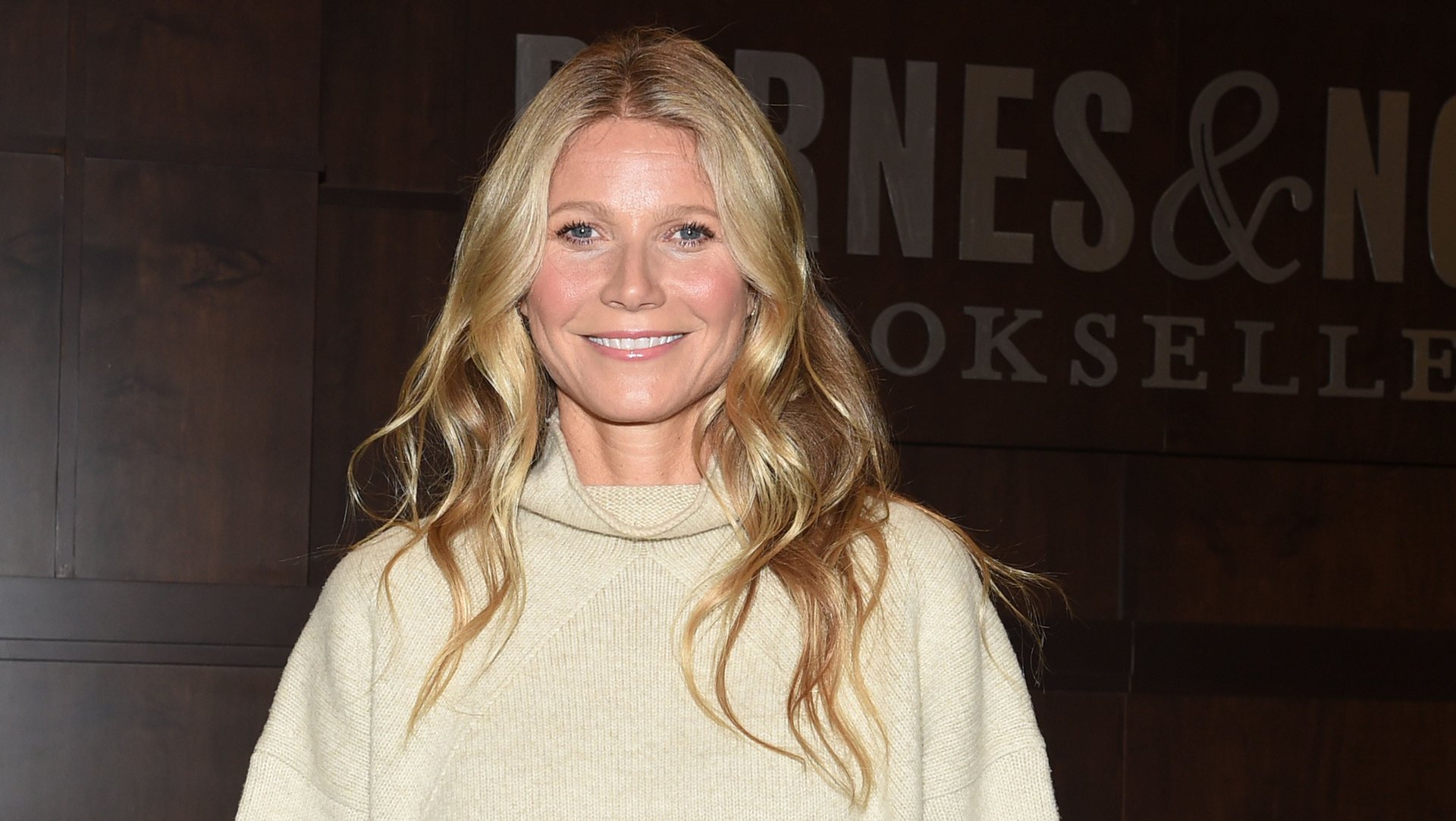Gwyneth Paltrow is becoming the Oprah of wellness 2.0
Before we had Goop, we had Oprah.


Before we had Goop, we had Oprah.
Decades before Gwyneth Paltrow was drawing both ire and adoration for her pivot from mainstream movie star to woo-woo lifestyle guru—advising readers how to live optimally by cooking “clean” meals in luscious turtleneck sweaters, Instagramming the last novel she read, or giving a platform to “experts” who advise on everything from chakra cleansing to postnatal care on her lifestyle site Goop—Oprah Winfrey was on TV, guiding viewers to “remember their spirits” and “live their best lives,” making celebrities and bestselling authors of people like Dr.Phil, personal chef Rosie Daley, and spiritual guide Eckhart Tolle in the process.
Today, Paltrow, whose business got $50 million in venture capital funding for expansion in March 2018, is using new channels to build upon Oprah’s “Live your Best Life” legacy. And later this year, Goop, which already includes an editorial website, e-commerce business, email newsletter, podcast, and event series, is coming to Netflix.
According to Variety, Goop’s new series will consist of “30-minute episodes hosted by the site’s editors, chief content officer Elise Loehnen and Paltrow. The team will utilize experts, doctors, and researchers to examine issues relating to physical and spiritual wellness … and address larger thematic questions the Goop audience has about leading optimal lives.”
And that’s not all. Goop is also entering a podcasting partnership with Delta and developing what Variety described as “a food program hosted by an award-winning chef,” and, you guessed it, a Goop Book Club—all of which will sound familiar to anyone who was even peripherally aware of The Oprah Winfrey Show in the 1990s and 2000s.
Like Oprah before her, Paltrow’s Goop—which has been derided as elitist, pseudoscientific, and even dangerous—has drawn plenty of detractors. On the inaugural episode of Goop’s podcast in 2018, Paltrow received a masterclass in putting on the blinders from Oprah herself.
“The Oprah show was a part of opening up that aperture to talk about [spirituality] in a way that’s not so woo-woo,” Oprah said. “And of course when you are pioneering anything or introducing new ideas to the culture, you get criticized.”
“You do?” asked Paltrow, with mock incredulity, and laughed. In a wide-ranging conversation, Oprah dropped plenty more anecdotes and advice, and summarized Goop in a way that sounded like a passing, or at least a sharing, of the torch:
“What Goop does,” Oprah said to Paltrow, “is remind you of pieces of yourself that are beautiful.”
And doesn’t that sound just like Oprah?